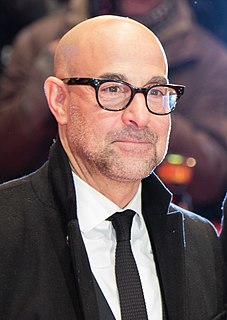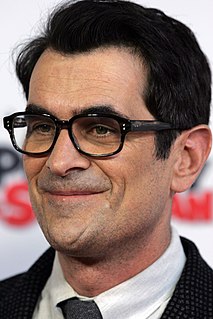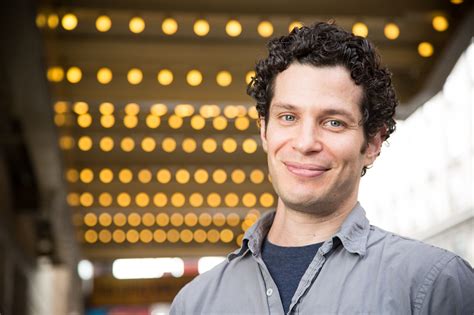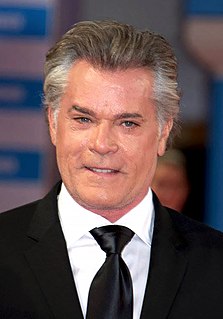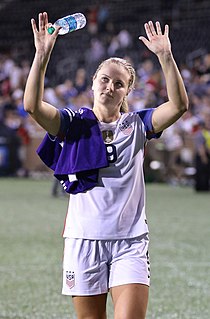A Quote by Stanley Tucci
As a director, I also get to sit and watch actors and learn from them in a way that I don't get to do when I'm just acting.
Related Quotes
I want to get out of the way of the actors. I want to get out of their eye lines. I want to them to stop thinking they're making a movie. I want them to just go and live. It's like you take these great actors and put them in an aquarium of life, and just watch them swim. That's what makes editing tough because you get all these beautiful, unplanned moments.
I aspire to be an instrument of the director. I'm happiest like that. The stronger the director, the more I'm willing to give them. It's not just about admiration for their films, it's how they deal with you, and whether they get you or the way you work. If they don't, you better adjust your way of working to suit them. I want to work with people who are good at what they do, and people who are passionate. As you get older, you suffer fools less easily. That's why there's all those cranky character actors. I'm an exception. I'm a sweetheart.
It's kind of a crazy thing with kid actors because a lot of them get hired without people really knowing if they're good or not. They get hired for the way they look at a really young age. You also have your fingers crossed around kid actors... because the lessons they learn on set aren't always the best. You can really get whatever you want.
One of the challenges of being a director is often you don't get to work with your peers. You know, writers can write together, and as a director you get to work with so many wonderful actors and writers and designers. But it's pretty rare that you get a chance to partner in that way with another director.
When I'm in the studio, I write the music, I play the different instruments, I produce it, I arrange it, and it's a self-indulgent exercise. It's the way I make my music. And when I'm acting, I get to leave myself behind, which is a relief. I get to collaborate with a director; I respect the director's medium and all the actors and actresses. So at the end of the day, it's about a character and it's about a director's vision. It's a really good balance for being so intense and alone in my personal process of making music.
Every director should take an acting class. At least one. You know, you panic with actors. It's like, "Okay, this is back in college, I know how to talk to these guys. I know their vocabulary, and I get what they're saying back to me." So basically to learn the vernacular of acting, that's very important.
Period films to me are very often alienating to the audience. There's very often a formality. A staunchy quality to them that comes from the misenscene. It also comes from the performances of the actors, because they're acting Victorian which really means that they're just acting the way they've seen previous actors act Victorian.
I think I'm good with actors. I like directing actors. I also like to show up and just do an acting gig. Where I'm just a hired gun, I don't have to have an opinion on anything.I never got involved in all this stuff because I wanted to control stuff; I got involved in writing and producing because I wasn't getting interesting acting gigs. In a way I'm grateful that I didn't get interesting roles, because it made me pull my finger out and do some work.
Every film you work on is different, and that's part of what it's like for anybody who works on a film, is to learn how to work with others. Learn from top to bottom. Actors have to learn how to work with the director and the director has to learn how to work with actors, and that's not just those two departments.
